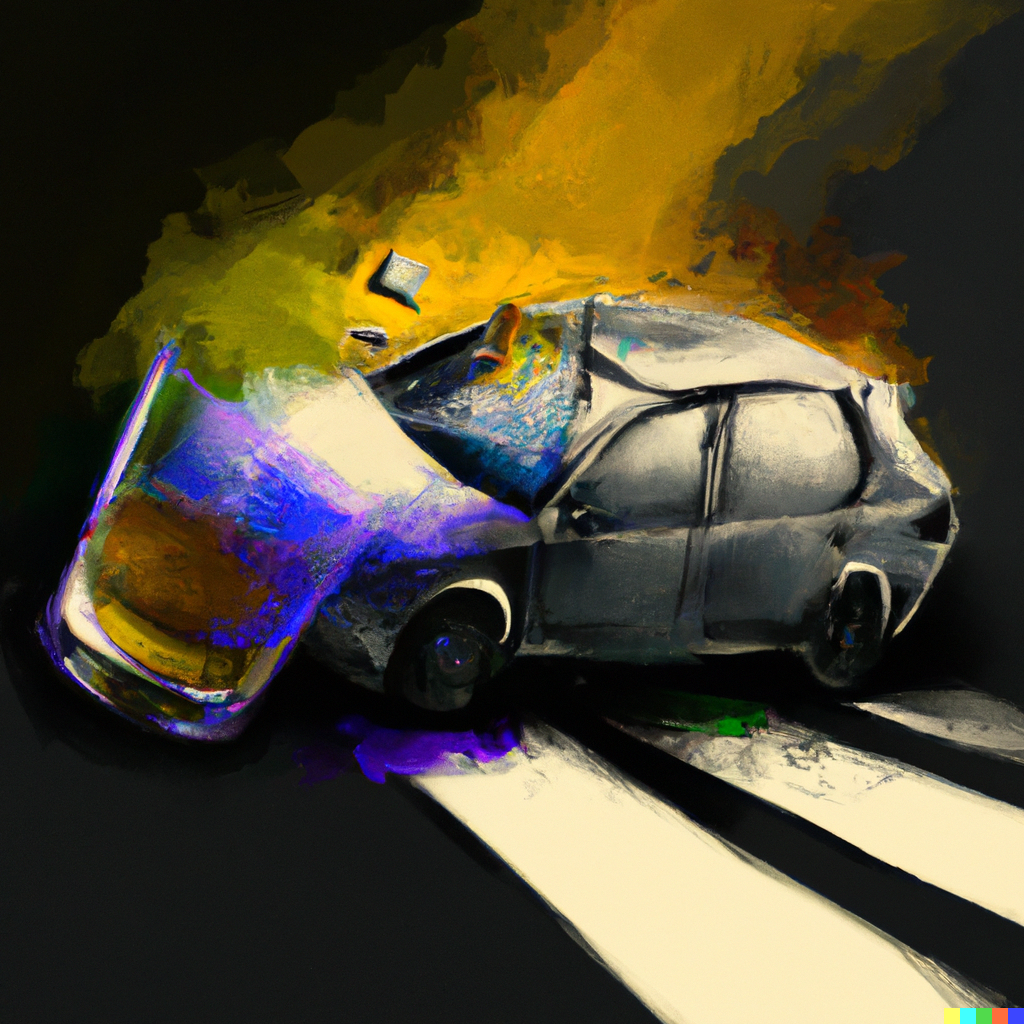A federal government bill that further restricts the narrow defence of provocation to prevent its use in so-called “honour killing” cases is unnecessary and counterproductive, lawyers say.
At press time, the proposed Zero Tolerance for Barbaric Cultural Practices Act (S-7) was on a fast track to become law. It took barely a month to clear the Senate late last year and the committee on citizenship and immigration is expected to report the bill back for final Commons approval by the majority Conservatives before Parliament rises for the summer.
[…]
“One example would be of a father whose child was sexually assaulted and died, or who committed suicide as a result of being a victim of cyber-bullying,” she said. “Imagine the father standing weeping, grieving at his child’s grave, and someone saying something degrading or horrible or despicable about the girl, and spitting on the grave. The spitter would not be committing an indictable offence punishable by five years or more [and] as such, unlike the current situation, that act could not even potentially be invoked as provocation if the father reacted violently in that situation.”
That hypothetical and others were suggested by the vice-president of the Defence Counsel Association of Ottawa, Michael Spratt of Abergel Goldstein & Partners. He told the Commons citizenship and immigration committee April 30 that S-7 would prevent provocation from applying to a range of cases that have historically been put before the jury.
“Racial slurs, hate speech, mistake of fact, all of these situations will be limited in the ability to raise provocation,” he predicted. “The bill simply goes too far and is too broad in respect to provocation.”
Read Cristin Schmitz’s full article: The Lawyer’s Daily



